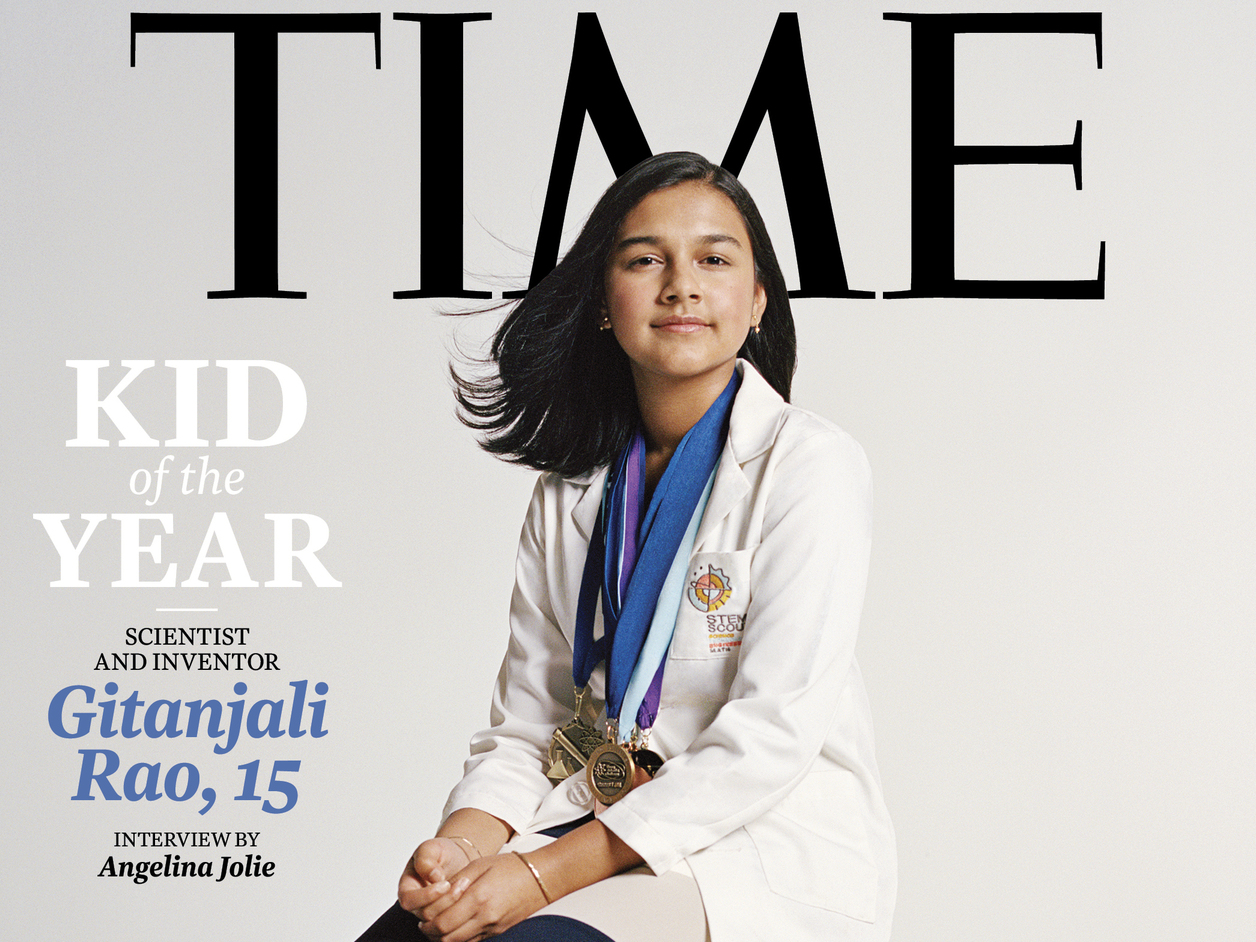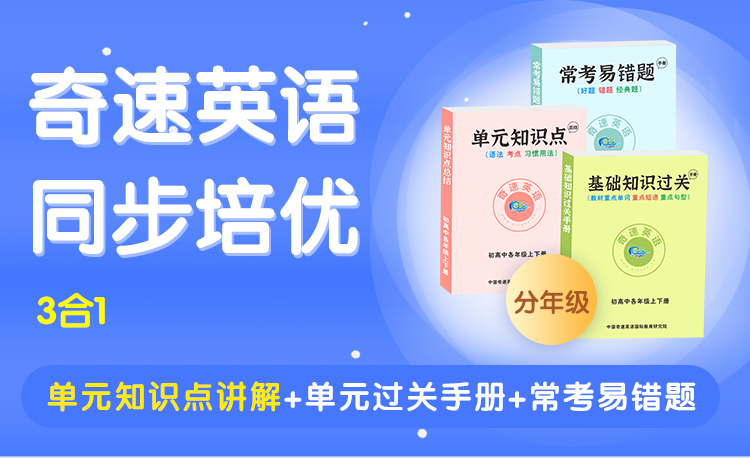
Gitanjali Rao, a Colorado teenager who invented a mobile device to test for lead(铅) in drinking water, is Time’s Kid of the Year for 2020. The magazine announced the award Thursday, mentioning Rao’s ability to apply scientific ideas to real-world problems — and her desire to motivate other kids to take up their own causes.
It’s just the latest recognition for Rao, 15, who was named last year to the Forbes 30 Under 30 list. She won praise in 2017 after she responded to the Flint, Mich., water crisis by creating a device named Tehys, using carbon nanotube sensors (纳米管传感器) to detect lead in water. The Lone Tree, Colo., native was named America’s Top Young Scientist when she was in the seventh grade. She went on to collaborate with scientists in the water industry to try to get the device on the market.
More recently, Rao has developed a phone and Web tool named Kindly, which uses artificial intelligence technology to detect possible early signs of cyberbullying(网络欺凌). “You type in a word or phrase, and it’s able to pick it up if it’s bullying, and it gives you the option to edit it or send it the way it is,” Rao tells Time. “The goal is not to punish. As a teenager, I know teenagers tend to lash out sometimes. Instead, it gives you the chance to rethink what you’re saying so that you know what to do next time around.”
Rao was chosen as Kid of the Year because of the way she has followed up her technical work with efforts to get other young people to work on solving the problems they see. “I don’t look like your typical scientist. Everything I see on TV is that it’s an older, usually white man as a scientist,” she told Time. “My goal has really shifted not only from creating my own devices to solve the world’s problems, but inspiring others to do the same as well. Because, from personal experience, it’s not easy when you don’t see anyone else like you. So I really want to put out that message: If I can do it, you can do it, and anyone can do it.”
本时文内容由奇速英语国际教育研究院原创编写,未经书面授权,禁止复制和任何商业用途,版权所有,侵权必究!(作者投稿及时文阅读定制请联系微信:18980471698)
2. What does Rao expect of the device “Tehys”?
A It’ll be environment-friendly.
B It’ll reach consumers one day.
C It’ll use artificial intelligence technology.
D It’ll help clean drinking water.






 更多优质学习内容
更多优质学习内容



